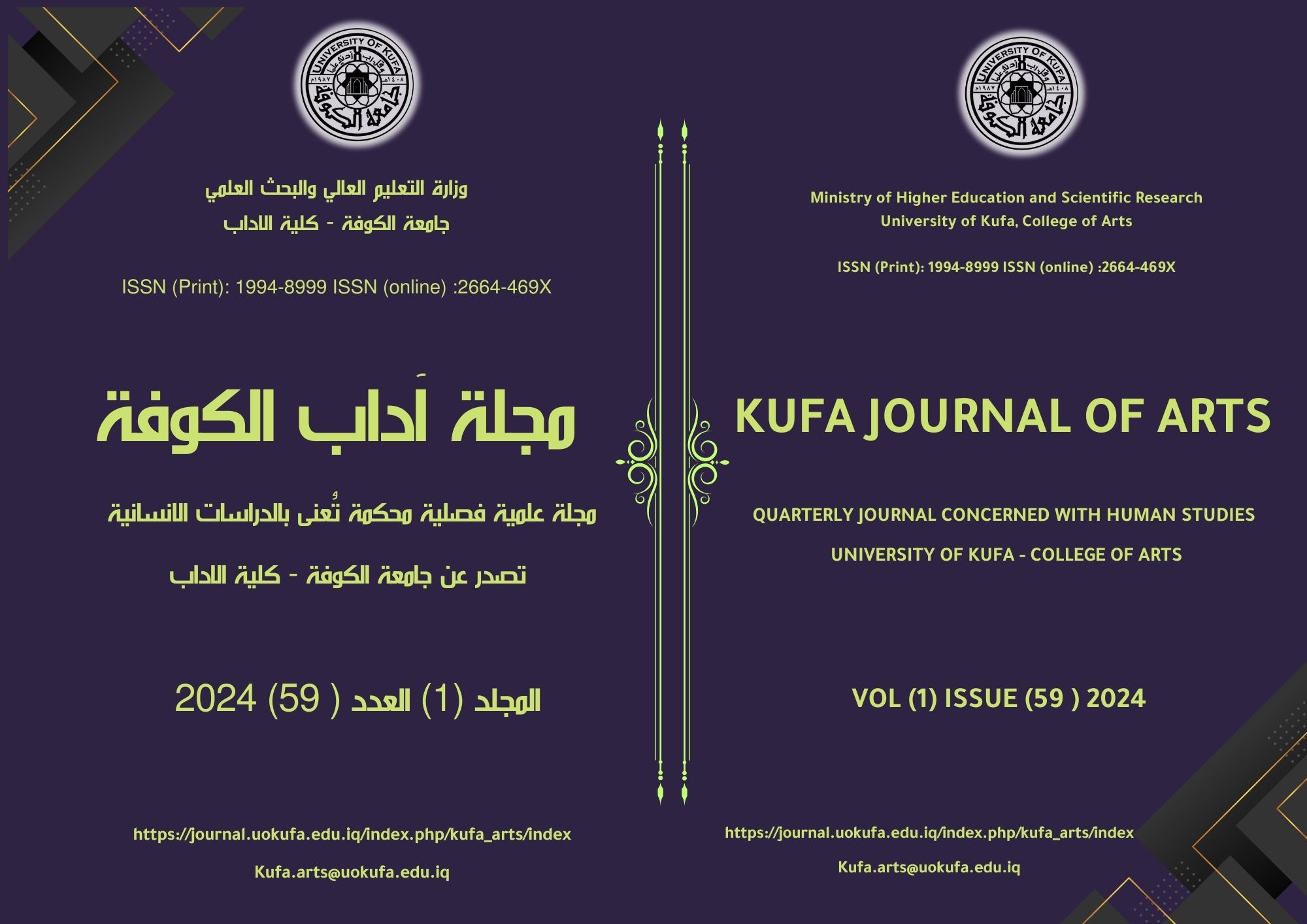Apprentissage motivé
DOI:
https://doi.org/10.36317/kja/2024/v1.i59.14722Keywords:
determination, learning, educational, spirit of perseverance, direct relationshipAbstract
La motivation exerce une grande influence dans l’apprentissage. Le recours à la motivation s'avère particulièrement utile pour renforcer chez l'apprenant le sentiment d’engagement, lui donner la force d'aller de l'avant, de progresser la performance et d’atteindre les buts prédéterminés. Il y a une relation réciproque entre la motivation et l’apprentissage. La motivation facilite l’apprentissage, l’apprentissage accroît la motivation. Nous espérons à travers cette étude préciser cette réciprocité. La masse de connaissances accumulées en psychologie a amené les chercheurs à explorer le champ de la motivation pour pousser l’apprenant à s’engager totalement dans son apprentissage. Il est donc opportun de se pencher sur ce sujet.
Downloads
References
Clément, R. & Kruidenier, B. G. (1983). Orientations in Second Language Acquisition. The effects of ethnicity, Milieu, and Target Language on their Emergence. Language Learning, 33, pp. 273-290. DOI: https://doi.org/10.1111/j.1467-1770.1983.tb00542.x
Cooper, R. & Fishman, J. (1977). A study of language attitude. The Spread of English. The Sociology English as an Additional Language. Rowley Mass.
Dörnyei, Z. (2003). Attitudes, orientations, and motivations in language learning : Advances in theory, research and applications. In : Z. Dörnyei (ed.), Attitudes, orientations, and motivations in language learning : advances in theory, research and applications. Oxford : Blackwell, pp : 3-32. DOI: https://doi.org/10.1111/1467-9922.53222
Gardner, R. & Lambert, W. E. (1972). Attitudes and motivation in second language learning. Rowley MA. Newbury House.
Gardner, R. (1985). Social Psychology and Second Language Learning. The Role of Attitudes and Motivation. Baltimore MD. Edward Arnold.
Kouritzin, S., Piquemal, N., & Renaud, R. (2009). An international comparison of socially constructed language learning motivation and beliefs. Foreign Language Annals, 42, 2, pp : 287-317. DOI: https://doi.org/10.1111/j.1944-9720.2009.01022.x
Kraemer, R. (1993). Social psychological factors related to the study of Arabic among Israeli high school students. A test of Gardner’s socio-educational model. Studies in Second Language Acquisition, 15, pp : 83-105. DOI: https://doi.org/10.1017/S0272263100011670
Lukmani, Y. (1972). Motivation to learn and language proficiency. Language Learning, 22, pp. 261-274. DOI: https://doi.org/10.1111/j.1467-1770.1972.tb00087.x
Noëls, K. A., Pelletier L. G., Clément R., & Vallerand R. J. (2003). Why are you learning a Second Language ? Motivational Orientations and Self-Determination Theory. Language Learning, 53, pp. 33-63. DOI: https://doi.org/10.1111/1467-9922.53223
Van der Klein, M. (1995). Use of French, attitudes and motivation of French immersion students. The Canadian Modern Language Review, 51. DOI: https://doi.org/10.3138/cmlr.51.2.287
VIANIN, Pierre, La motivation scolaire. Comment susciter le désir d'apprendre ?, Bruxelles, Editions de Boeck, 2006. DOI: https://doi.org/10.3917/dbu.viani.2007.01
Viaur, R. (1997). La motivation en contexte scolaire. Belgique : De Boeck.
Downloads
Published
How to Cite
Issue
Section
Categories
License
Copyright (c) 2024 اسماء حسين كاظم

This work is licensed under a Creative Commons Attribution 4.0 International License.




















